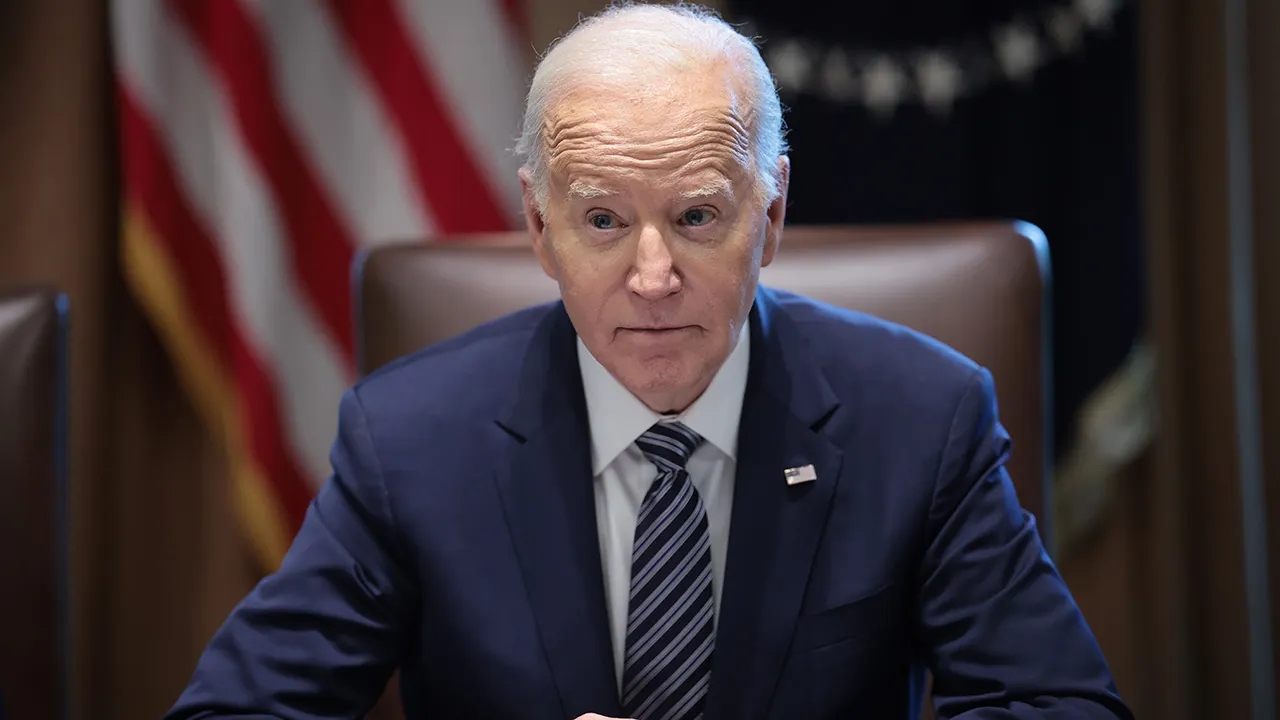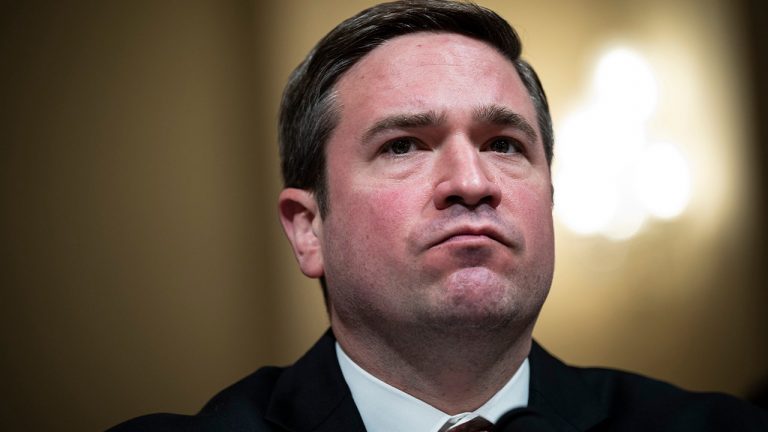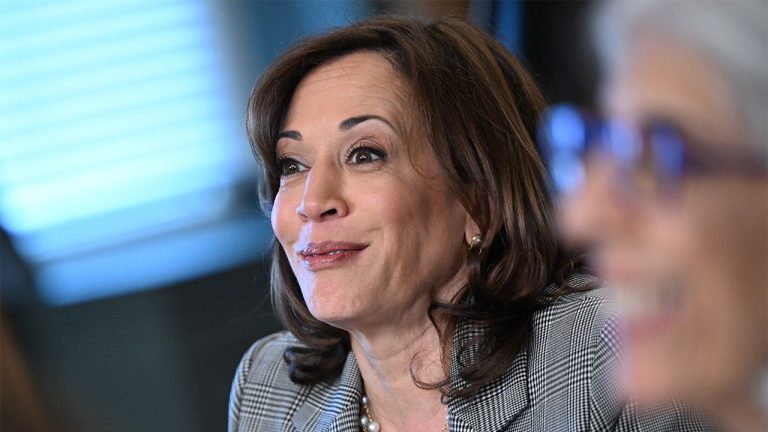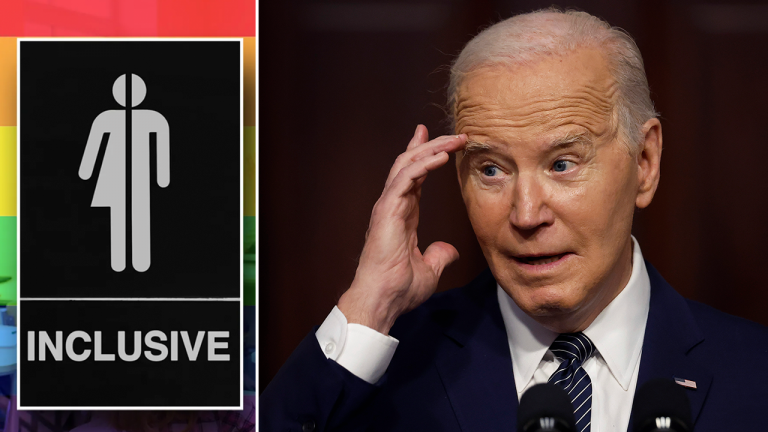Experts criticize Biden for keeping special counsel interview private
President Biden’s decision to assert executive privilege and withhold the release of audio recordings of his interviews with Special Counsel Robert Hur has stirred up a heated debate among legal experts and members of Congress. The move, made at the request of Attorney General Merrick Garland, has triggered questions about the transparency and accountability of the Biden administration.
The White House confirmed on Thursday that Biden had asserted executive privilege over the audio recordings, with White House press secretary Karine Jean-Pierre citing Garland’s recommendation that “law enforcement files like these need to be protected.” This decision has drawn criticism from some legal experts who view it as a purely political move rather than a legitimate use of executive privilege.
House Republicans have been pressing Garland to release the tapes of the interviews, threatening to hold him in contempt of Congress if he refuses to comply. The refusal of the Department of Justice to turn over subpoenaed materials from Hur’s investigation has further exacerbated tensions between the executive branch and Congress.
Malcolm, a legal expert, argued that there is no valid reason for Biden to withhold the recordings, especially since the transcript of the entire interview has already been released. He raised concerns that Biden’s reluctance to disclose the recordings stems from fears of public backlash over his responses during the interview, particularly given previous questions about his mental acuity.
Special Counsel Robert Hur led the investigation into Biden’s handling of classified documents in the aftermath of his vice presidency under the Obama administration. Hur ultimately concluded that it would be challenging to secure a conviction against Biden due to his age and poor memory, and therefore did not recommend criminal charges.
In response to mounting pressure from Congress, Garland defended the administration’s actions, emphasizing the need to protect sensitive law enforcement information from politicization. He warned against using contempt as a means to obtain privileged materials, noting that such actions undermine the integrity of the Justice Department and put agents and prosecutors at risk.
Despite the administration’s privilege assertions, House Republicans have advanced a resolution to hold Garland in contempt of Congress. The situation has ignited accusations that the Biden administration is using legal tactics to shield potential embarrassing revelations rather than upholding principles of transparency and accountability.
Former Bush administrations official John Shu criticized the administration’s reliance on executive privilege to withhold the recordings, highlighting the discrepancy between releasing the transcript and withholding the audio. He argued that Congress has a legitimate interest in obtaining the recordings to ensure accuracy and contextual understanding of the interview.
Legal expert McCarthy condemned the administration’s maneuvers as mere political tactics aimed at concealing potentially damaging information. He suggested that Biden’s decision to withhold the tapes is driven by political considerations rather than legal justifications, stating that the administration may be prioritizing short-term damage control over long-term accountability.
As the standoff between the Biden administration and Congress escalates, the implications of the executive privilege assertions on transparency, accountability, and the balance of power are being scrutinized. The clash raises broader questions about the limits of executive authority and the obligations of elected officials to uphold democratic norms.








